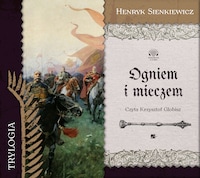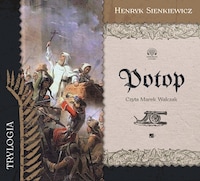Quo Vadis
A Narrative of the Time of Nero
Description of book
Set in the decadent heart of ancient Rome during the reign of Emperor Nero, Henryk Sienkiewicz's "Quo Vadis" masterfully intertwines historical and fictional elements to explore the clash between paganism and early Christianity. Through the poignant love story of the heroic Marcus Vinicius and the virtuous Lygia, Sienkiewicz vividly evokes the moral and spiritual dilemmas of a society teetering on the brink of chaos. His rich prose and evocative imagery are complemented by a nuanced character development that captures the essence of human struggles against tyranny and oppression. The novel is not only a gripping tale but also a profound commentary on faith and redemption amidst the ruins of a fading empire. Henryk Sienkiewicz, a Polish novelist and Nobel laureate in Literature, drew heavily from his own experiences and historical scholarship as he wrote "Quo Vadis". His fascination with ancient civilizations and their moral complexities is mirrored in his narrative, which is infused with themes of heroism, sacrifice, and the eventual triumph of love over despair. Sienkiewicz's deep engagement with the social and political upheavals of his time undoubtedly colored his depiction of Roman society, making it a timeless reflection of humanity's enduring struggles. "Quo Vadis" is a must-read for anyone seeking a profound exploration of faith and moral courage. Sienkiewicz'Äôs compelling narrative not only entertains but invites readers to reflect upon the weighty themes of love, sacrifice, and the search for meaning in tumultuous times. This classic work offers a window into a pivotal moment in history, encouraging modern readers to draw parallels between the past and contemporary society.
 Henryk Sienkiewicz
Henryk Sienkiewicz 698 Pages
698 PagesThe book Quo Vadis and over 1 million other books
from €10.99/month
Fill your life with stories



















































